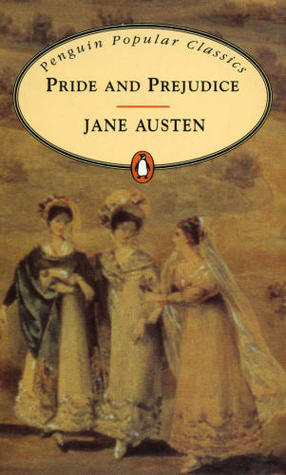During my first stay in the dormitory, I get to experience large-scale General Assemblies with more than a hundred attendees. One way or another, it would start with discussing what to do for a certain event, then presenting budget and expenditures, and at some point a somewhat educational discussion about certain situations in the university and in the country. For the past months, I have experienced same methods but in one occasion, things worked out differently when it was postponed until about thirty minutes past nine to cater the nightly dose of Mara Clara. At that time, it seems funny with people engaging religiously for one show.
Then I was introduced to the word, Edutainment, a portmanteau of the combined words of education and entertainment. When I first heard of it, I thought of all the documentaries I saw during late night. Yes, late night! Most people do not get the chance in watching this and they may not serve entertaining but really they are, especially when it is telling a brighter story.
Then, I saw the produced videos of Puntos Organization from Nicaragua. It gave me a fresh idea upon what/how a mainstream show could do/should be done. Although at start, I was only witnessing a drama played by people that is for most Filipino audience (sadly) would be quite peculiar. For one, they were acted by what seems like ordinary people. They do not wear glamour clothes, or for some blatant comments, have glamour faces. The production was presenting fast-paced and direct-to-the point scenarios upon what are the real lingering issues in their impoverished state. The show spanned for almost five years tackling the lives of two children. As they grow older, they encountered different situations, meet new friends, and gave a clearer and better lens upon the lives of these new people from the discriminations, their social functions, sexuality, and violence.
The show was commending for it competed in the games of the mainstream with their players gaining much recognition from the public. The movement’s cause may have been sensationalized but at least they have been heard and recognized nationally and even internationally. It endured and flourished the positive effects of their movements. Expanding to other fields of nightly talk shows, youth leadership camps, school visits, among others. The spiral of silence was contradicted gaining much attention on minor issues and reinforcing it to the mainstream. The movement is backed up by diffusion of innovations theory, in which it started with one advocacy and in the process it innovated into different kind of other channels.
The movement aimed precisely. The youth was their main audience and the television as their main medium. These two complement each other for a country that sees (I think during that time) television as the cultivating means to a great source of news and entertainment. The organization presented the audience the kind of reality that they should not turn to. It gave them different options upon how to deal or how to avoid those kinds of situations. Following the social learning theory of Bandura, the audience could or would identify themselves with the characters of the drama knowing that they were also like them, living an ordinary life. It was like a kind of a kind of a cry, a kind of a call, a kind of prevention, or a kind of taking things into action. It was nice that they see that foremost root of societal problems starts with the issues of youth. As their title suggest, (Sex to Sentido), they put the taboo issues related to sex to the senses of their audience. They gave their audience an option.
While the effects in our country, given with such shows (Mara Clara) would be contrasting. For I think, these shows in our country may have cultivated through the stereotyping of realities as wanted by the capitalists. It would be hard to start a bandwagon like that of the sentidos. For the country has capitalized more on the trends and marketing of an international market than that that of the nation’s pride. It undermines the values of reality giving a somewhat better or an escaped reality wherein miracles are always bound to happen and success could be achieved through inheritance and greed. Yes, they are entertaining but the lessons stays with the show and never get through most of the daily lives. It ends there.
As for the theme of the Sentidos, “We’re different. We’re equal,” it suggests that the movement recognized a somewhat rights-based approach on answering the problems of their society. Setting that although they are unique in every way, they all have equal rights.


